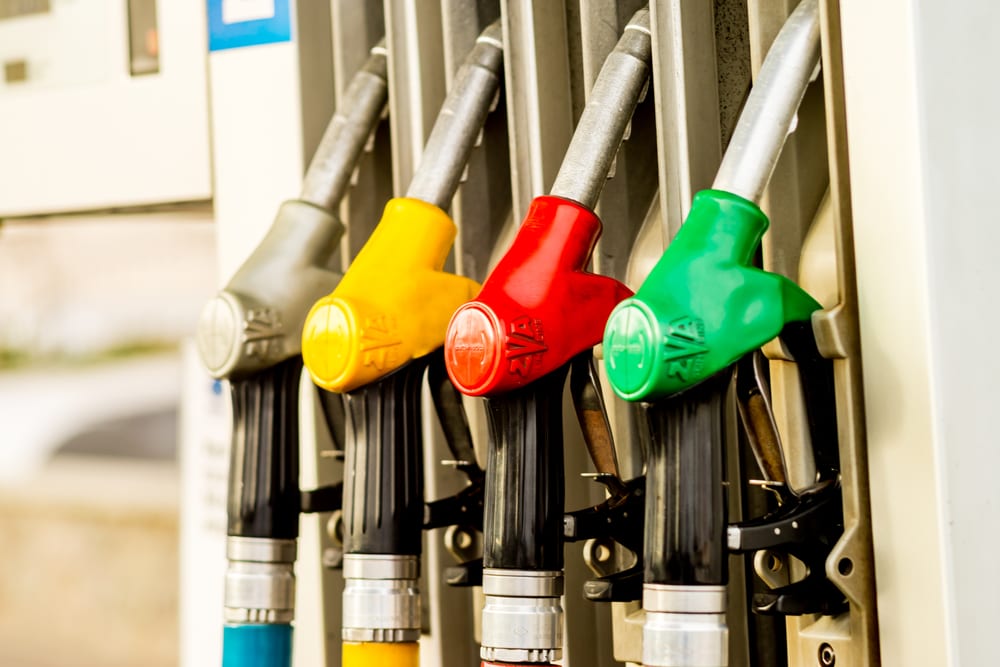

You already know how much we depend on gasoline in the US. Even though there has been an increase in electric and diesel cars, gasoline is still the most used fuel in the US. However, there are a few things you should know about this transportation lifeblood.
Where It Comes From
If you’ve ever wondered where the gas you purchase from the local gas station comes from, good luck finding out. No information is collected about where a particular shipment of gasoline comes from, and each one is often a collection from a variety of different refineries due to the mixing that occurs once it hits the pipelines. There is basically no way to determine the exact source of the fuel you use in your vehicle.
Taxes Increase Prices Significantly
Each gallon of gas you purchase is taxed at both the state and federal level. While the amount you pay in taxes varies from state to state, the overall price you pay per gallon includes around 12 percent in taxes. There are also a number of reasons those taxes might increase, including efforts to decrease pollution and congestion on the roads.
Understanding Ethanol
Most gasoline at the pump contains ethanol, which stands for ethyl alcohol. This component is made from fermenting crops such as sugar cane and corn, and is added to fuel to increase oxygen levels. Those higher oxygen levels increase burning efficiency and cleanliness, which helps to decrease the harmful emissions that your vehicle releases every time you drive.
Amount per Barrel
Everyone has heard the news reports concerning the ever-changing price per barrel. However, what most don’t realize is that each barrel holds approximately 42 gallons of crude oil. Once refined, however, there are only 19 gallons of usable gasoline. For some of the vehicles on the road today, that only equals one tank of fuel!
US Exports
While the US has been rapidly increasing its own natural gas and oil production, we still receive most of our gasoline from foreign countries. The reason for this is that the US producers can generate more profits by exporting it to foreign countries, rather than using it here.
Now that you know more about the gasoline that powers most vehicles in the US, you can see that there is so much more to it than meets the eye.



